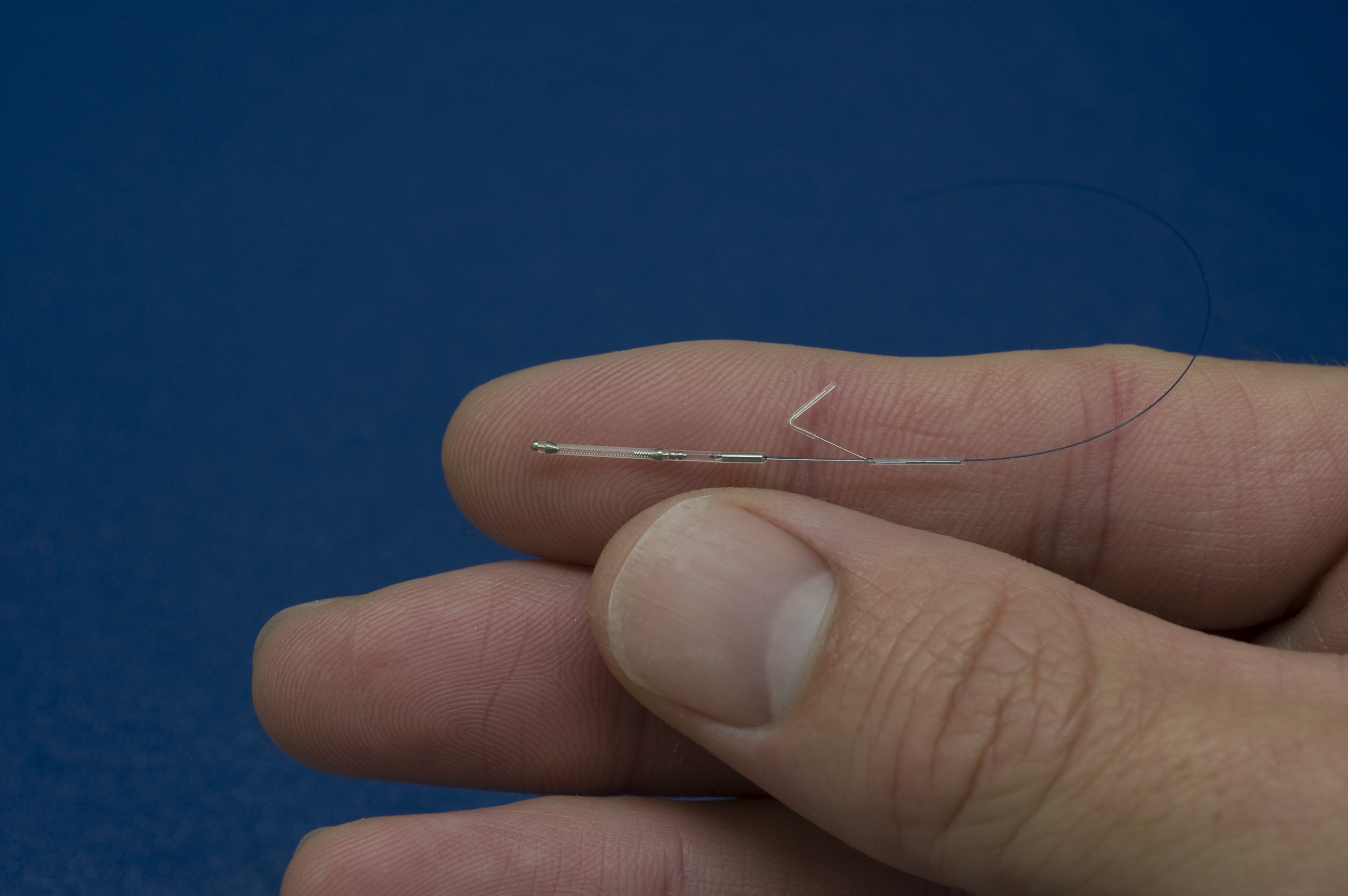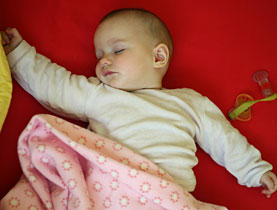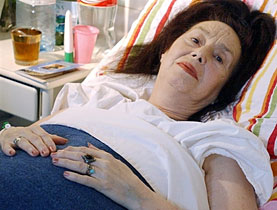Excessive rules cause “reproduction tourism”
Switzerland’s rules on artificial insemination should be relaxed, since they are pushing more and more women to have the treatment abroad, a group of experts says.
Bruno Imthurn, head of the Fertility Centre of the Zurich University Hospital, told a media conference on Tuesday that an increasing number of women are finding it hard to conceive, often because they postpone childbearing until they are in their 30s.
He is one of a group of 17 specialists in reproductive medicine who are calling for more liberal legislation on reproductive health, and who want to see the existing law rapidly amended.
The Swiss government decided in May this year that the law should be changed, but this will require a nationwide vote, which is unlikely to be held before 2013.
Imthurn said about 6,000 women were artificially inseminated in Switzerland every year at present, and about five “test tube” babies were born every day. Some 10 per cent of the mothers had been treated abroad.
He explained “reproduction tourism” as the result of excessive restrictions in the current Swiss legislation.
Other speakers enlarged on the problems, mentioning in particular the bans on egg donation and on the freezing of embryos. In Switzerland only embryos that are definitely going to be transplanted into the womb may be cultivated, which means that doctors cannot choose the one that is most likely to lead to a successful pregnancy.

In compliance with the JTI standards
More: SWI swissinfo.ch certified by the Journalism Trust Initiative



You can find an overview of ongoing debates with our journalists here. Please join us!
If you want to start a conversation about a topic raised in this article or want to report factual errors, email us at english@swissinfo.ch.